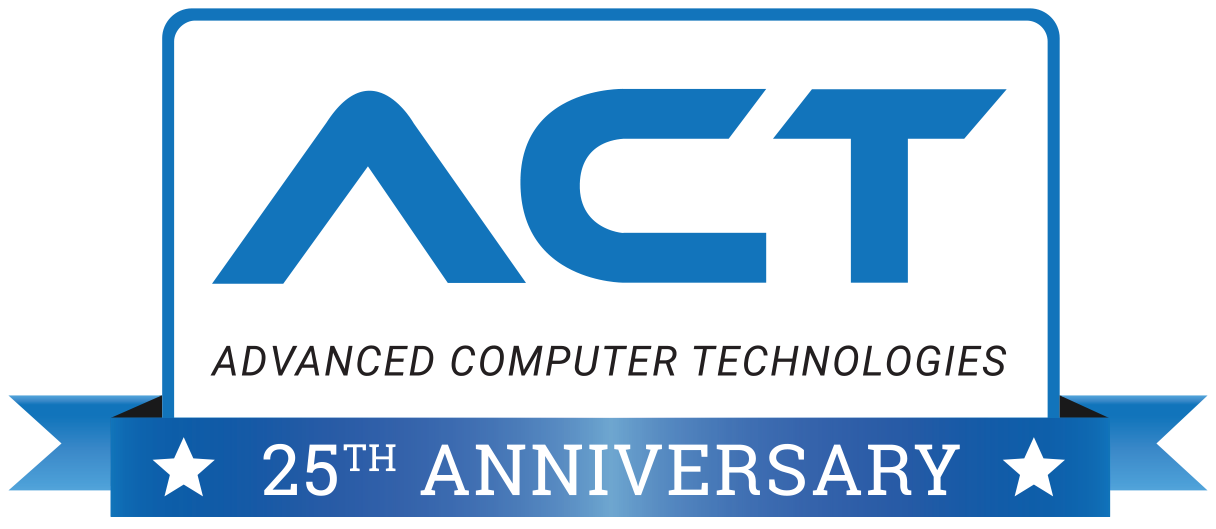Last week, I was talking with a practice manager in Bergen County. Phones were ringing, charts were open, staff moving fast — a typical Monday morning. In the middle of the chaos, she asked a simple question:
“What’s the biggest mistake healthcare practices make when it comes to IT?”
Here’s the truth: most of them don’t feel like mistakes — until something breaks.
When you’re running a busy practice — cardiology, pediatrics, ortho, you name it — IT often gets delegated, delayed, or duct-taped together. Not because you don’t care, but because you’re stretched thin and just need things to work.
So let’s walk through the four IT habits that quietly put practices at risk — and what to do instead.
1.Thinking basic protection is “good enough”
That free antivirus? It won’t stop a targeted phishing attack. And that bargain router from 2020? It might still have the default login. Sometimes, that’s all that stands between your EHR and a ransomware lockout.
These aren’t outliers — they’re how most breaches happen in private practices. Hackers look for the easiest door, and too often, it’s wide open.
Checklist: Could your system be vulnerable?
- You’re using free or outdated antivirus software
- Staff haven’t had a cybersecurity training in the past year
- You’re unsure where your backups live — or if they even work
- EHR passwords are shared or written down at the front desk
2. Underestimating downtime
If your system goes down mid-day, it’s not just an inconvenience — it’s an interruption in care.
Panicked front desk staff. Delayed test results. Rescheduled patients. Providers staying late to chart. One short outage can undo a week’s worth of hard work.
Downtime doesn’t just cost money — it shakes trust. And in medicine, that’s the currency that matters most.
3. Treating IT like a one-and-done fix
Your practice evolves. So do the threats. If your cybersecurity setup was built around what you needed three years ago, it may now be your biggest liability.
Like preventative care, your systems need checkups — not just crisis response.
4. Relying on someone “tech-savvy” instead of a specialist
We all love that one nurse who can fix the printer. But cybersecurity isn’t a side hustle. It’s a specialty.
You wouldn’t hand HIPAA compliance to your receptionist — so why hand them ransomware defense?
So what’s the antidote?
You don’t need to know all the tech — that’s our job.
But you do need a partner who:
- Speaks healthcare, not jargon
- Thinks ahead, not just after
- Builds systems that quietly protect your work — like a good night shift
- So let us ask:
What would it feel like if your IT setup just… worked?
No outages. No panic. No late-night charting because the system glitched again.
Let’s make that your norm. Click here to book your free assessment.
